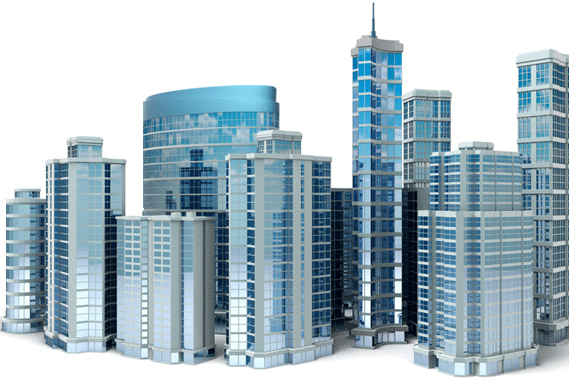



As India remains to progress as a standout amongst the most sought-after and emerging property investment markets, a number of questions frequently arise from potential buyers. Below is the compilation of a few most frequently asked questions about property in Noida.
For ease, we are dividing these FAQs into 5 categories –
1) Corporate Corner
a) Can corporate bodies use residential properties as office space?
Ans: It is illegal to use residential properties as office space. However, industries that are service-based can operate in residential areas, provided they agree to vacate immediately if any complaint is lodged against them from anyone in the locality.
b) What aspects of property should be considered before purchasing a property owned by a company?
Ans: If you want to buy a property that is owned by a company, it is important to verify with the Registrar of Companies that the property is a freehold. By freehold we mean, the property must not be used as a security against a loan or is mortgaged against a loan.
2) Buyer’s Corner
a) What is Capital gains tax on the purchase of a property?
Ans: Property is a Capital asset and owing to that a tax by the name Capital Gains Tax is charged on the profits earned on the sale of the property. The profits are calculated after adjusting the transfer charges, renovation charges and the inflation rate.
b) What is the difference between built-up, super built-up and carpet area?
Ans: Carpet area is the area of the property, not inclusive of the area of the walls. This is the actual area that can be put to use by the buyer and as the name suggest means the area in which a carpet can be laid. Built-up area is the carpet area plus the area of the walls and area of the balcony and when the area of the common spaces like – stairs, lift, lobby, swimming pools and garden is added to the built-up area, it becomes the super built-up area.
3) Seller corner
a) What are the documents that a seller needs to provide it to the buyer?
Ans: The Title deed, original sale deed, encumbrance certificate and relevant tax receipts are a few documents that a property buyer would need from its seller.
b) The stamp duty is paid by a seller or a buyer?
Ans: Only buyer needs to pay the stamp duty.
c) What are the formalities for the execution of the sale deed or the transfer of property documents?
Ans: The procedure and forms for the execution of the sale deed or the transfer of property documents vary from state to state. Every state has formulated its own set of forms that are to be filled and filed at the time of execution of the sale deed or the transfer of property documents.
4) NRIs
a) What are the guiding principles for the purchase of farmhouse/agriculture property by Non-Resident Indians (NRIs) and Person of Indian origin (PIOs)?
Ans: The requests to purchase any type of land by the NRIs and PIOs must be made to The Chief General Manager, Reserve Bank of India.
b) Is it possible for the NRIs to obtain loan for purchasing a flat/house from any financial institutions in India?
Ans: The Reserve Bank of India has given permission to a few reputed financial institutions to grant property loan to the NRIs. Some of these financial institutes include – LIC Housing Finance Ltd., HDFC, etc.
5) General
a) What is the meaning of a property’s market value?
Ans: The market value of property is the price that a piece of real estate could sell for in the current market situation.
b) What is the meaning of the term ‘Leasehold Property’?
Ans: When a property is given by the owner to an individual for a stipulated period of time is referred as a leasehold property. In technical term – the property owner is known as the Lessor; the individual who takes the property on a lease is known as the Lessee. A fixed amount is paid to the lessor as lease premium. However, the ownership of the property remains with the Lessor.